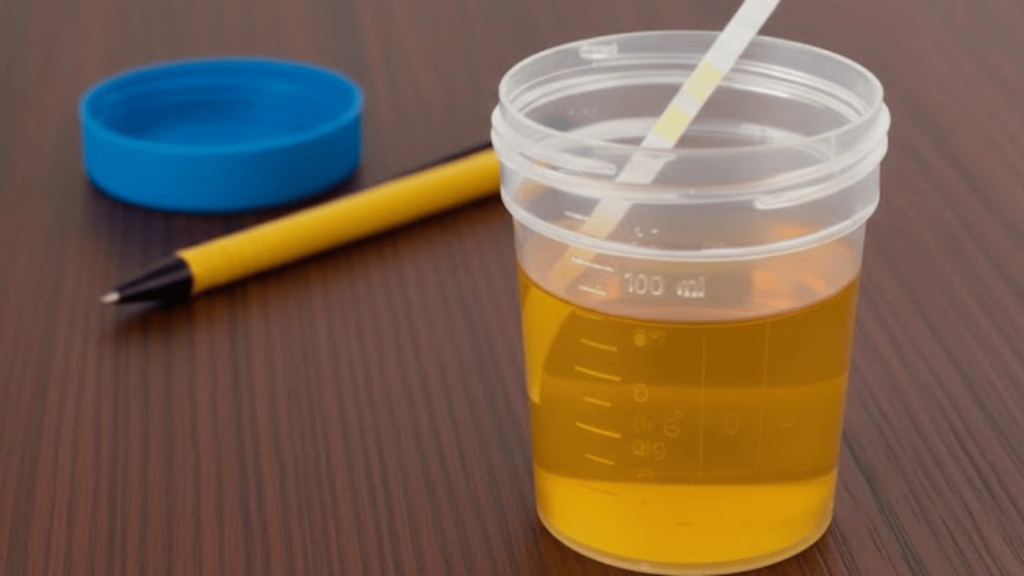Have you ever wondered how Delta-8 THC might affect you beyond the initial high? Many people try it because it’s viewed as a legal alternative to marijuana, and some assume it comes without risks.
The reality is, this compound can still cause uncomfortable reactions. Some happen right away, while others appear as delta-8 side effects the next day, often showing up as fatigue, brain fog, or headaches.
In this post, I’ll explain the most common short-term issues, what may carry into the morning, and the bigger risks you should consider. My goal is to give you clear, useful information so you can make informed choices about your health and safety.
Delta-8 Side Effects
When you use Delta-8 THC, effects can appear quickly. Some are mild and pass within hours, while others may carry over into the next day.
Immediate Side Effects
- Dry mouth and red eyes: The most common effects, usually harmless but uncomfortable.
- Dizziness or nausea: More likely at higher doses or with edibles.
- Anxiety or paranoia: Even though Delta-8 is milder than Delta-9, sensitive users may still feel uneasy.
- Coordination and balance issues: Slower reaction times make driving or operating machinery unsafe.
Why These Effects Vary
- Dosage: Larger amounts increase the chance of lingering symptoms.
- Timing of use: Taking Delta-8 late at night can disrupt natural sleep cycles.
- Personal factors: Body size, metabolism, and tolerance all affect how long side effects last.
Key Takeaway: Delta-8 can bring both short-term discomfort and next-day sluggishness. To lower risks: use small doses, stay hydrated, and avoid late-night consumption.
How Long Do Delta-8 Side Effects Last?
The duration of Delta-8 side effects depends on the amount taken and the method of consumption. In most cases, immediate effects such as dizziness, dry mouth, or anxiety last between 2 and 6 hours. Edibles tend to last longer than vaping or smoking because your body processes THC more slowly when it’s eaten.
Next-day effects, often called a “weed hangover,” can include grogginess, brain fog, and mild headaches. These usually fade after hydration, rest, and food, but for some people, they may linger for up to 24 hours.
Heavy use, high doses, or a low tolerance level may extend side effects even further. This is why starting with a small dose and monitoring how your body reacts is the safest approach.
Why Delta-8 Side Effects Happen the Next Day

- High dosage: Taking too much Delta-8 overwhelms your system. Edibles in particular last longer because they release THC slowly, which can leave you feeling the effects into the next day.
- Sleep disruption: Delta-8 may interfere with deep, restorative sleep. Even if you rest for several hours, the quality of your sleep can suffer, making you feel tired and unfocused the next morning.
- Dehydration: Many users forget to drink enough water. Since Delta-8 can dry out the body, lack of hydration often leads to headaches, fatigue, and “weed hangover” symptoms.
- Individual body chemistry: Everyone metabolizes THC differently. Some people break it down quickly, while others process it more slowly, causing the effects to linger well past the initial high.
Short-Term Risks to Watch For
Delta-8 can trigger anxiety in high doses or stressful settings. Some users may also notice nausea or vomiting, and in rare cases, cannabinoid hyperemesis syndrome (CHS).
Because it slows reaction time, it’s unsafe to drive or operate machinery. If you experience chest pain or breathing issues, seek medical help immediately.
Long-Term Risks of Frequent Use
Regular use may lead to dependence, with your body needing more to feel normal. Stopping suddenly can bring withdrawal symptoms like irritability and poor sleep.
Heavy use has also been tied to CHS, a condition causing severe vomiting, and in some cases, mental health changes such as paranoia or psychosis. Since research is limited, the full long-term risks remain unclear.
How to Manage and Reduce Side Effects
Dealing with Delta-8 side effects doesn’t have to be overwhelming. Following some simple dos and don’ts can make your experience safer and more manageable:
| Do | Don’t |
|---|---|
| Start with a very small dose: Increase gradually to see how your body reacts. | Take a large dose right away: This increases the risk of strong or lingering side effects. |
| Drink water and eat light, healthy meals: Staying hydrated and nourished helps your body process THC more smoothly. | Mix Delta-8 with alcohol or other drugs: Combining substances can worsen nausea, dizziness, or anxiety. |
| Use Delta-8 in a safe, calm environment: Being around trusted people reduces the chance of anxiety or paranoia. | Use it in stressful or unsafe settings: Unfamiliar or chaotic environments may trigger panic or disorientation. |
| Seek medical help for severe symptoms: Call a doctor if you notice chest pain, breathing issues, or unusual reactions. | Ignore warning signs: Delaying care for serious symptoms can be dangerous. |
By keeping these guidelines in mind, you can lower your chances of uncomfortable side effects and use Delta-8 more responsibly.
Safety, Regulation, and Legal Concerns
- Lack of FDA regulation: Unlike prescription medications, Delta-8 products are not reviewed or approved by the Food and Drug Administration. This means there are no consistent standards for safety, labeling, or dosage.
- Limited lab testing: Many products on the market are sold without proper third-party testing. As a result, you may be consuming products with unknown ingredients, contaminants, or higher THC levels than listed.
- State restrictions and bans: While Delta-8 is federally legal under hemp laws, several states have banned or limited its sale. Always check your local laws before purchasing or using Delta-8 products to avoid legal issues.
- Child and pet safety: Delta-8 edibles often look like candy, making them especially dangerous for children. Even small doses can be harmful or toxic to kids and animals, so products should always be stored securely.
Who Should Avoid Delta-8?
While some adults may tolerate Delta-8 without major issues, certain groups face higher risks and should avoid using it altogether.
Avoid If You Are:
- Pregnant or breastfeeding: THC can reach infants through the placenta or milk.
- Living with a heart condition: Elevated or irregular heart rate can be dangerous.
- Managing a mental health disorder: Risks of paranoia, anxiety, or psychosis are higher.
- A teen or young adult: THC may interfere with brain development, memory, and learning.
Safer Use May Apply If:
- You are a healthy adult with no underlying conditions.
- You use very small, controlled doses.
- You buy products that are lab-tested and regulated.
Summing Up
Delta-8 THC can seem like a softer option, but it still carries real concerns. We’ve looked at the immediate reactions and the delta-8 side effects the next day that can leave you feeling drained or uneasy. Knowing these risks helps you make smarter choices about when and how you use it.
I always suggest starting small, listening to your body, and not brushing off any warning signs. Talking with your doctor is a good step if you’re unsure, especially if you already take medications.
Your health matters most, and learning about these effects is a way to stay safe. For more practical tips and ideas, check out my other posts.






